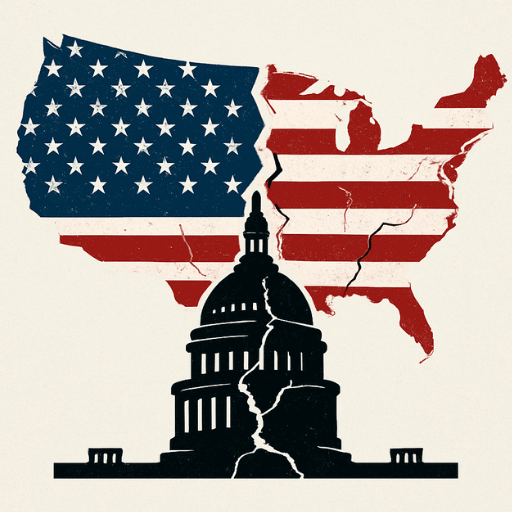Reflecting on Patrick Henry’s Legacy: A Call for True Liberty in Modern America
TLDR; This blog post reflects on Patrick Henry’s famous declaration, ‘Give me liberty or give me death,’ and critiques the current state of American institutions, media, and political leadership, arguing that they have failed to uphold the values of liberty and democracy. It emphasizes the need for collective action and accountability to protect civil liberties in the face of rising authoritarianism.
On March 23, 1775, Patrick Henry delivered his iconic speech, declaring, “Give me liberty or give me death,” a rallying cry against tyranny that galvanized the American spirit. As we approach the 250th anniversary of this momentous occasion, it is crucial to reflect on what Henry’s words mean in today’s context. Are we still fighting for liberty, or have we become complacent in the face of encroaching authoritarianism?
The Historical Context of Liberty
Henry’s declaration was not merely a reaction to the immediate threats posed by British rule; it was a profound acknowledgment of the broader implications of tyranny. He understood that the fight for liberty was not just about individual freedoms but about the collective rights of all Americans. The Virginia militia soon adopted the phrase, embroidering it on their battle shirts, symbolizing a unified stand against oppression.
Fast forward to 2025, and one might wonder what Henry would say today. Would he still proclaim, “Give me liberty or give me death,” or would he be met with a more trivial response, such as a promotion for free coffee with a donut purchase? This shift in priorities reflects a troubling trend in our society—an overwhelming focus on individual desires over collective responsibility.
The Complacency of Institutions
Today, many of our institutions—be they educational, political, or corporate—seem to have lost their way. They often capitulate to pressures rather than standing firm for the principles of democracy and liberty. For instance, Columbia University recently faced criticism for its willingness to compromise its values in pursuit of federal funding. The university’s leadership, rather than standing up against political pressures, chose to appease those in power, demonstrating a troubling trend of prioritizing financial gain over ethical integrity.
Similarly, the legal profession has seen a decline in moral courage. The law firm Paul, Weiss, for instance, has been accused of compromising its values by aligning with pro-Trump interests, showcasing a broader pattern of complicity among legal institutions. This raises the question: what happens when those who are supposed to uphold justice become enablers of tyranny?
The Role of Media and Political Leadership
The media landscape, too, has become a battleground where access and sensationalism often overshadow the pursuit of truth. Recent events have shown how media outlets prioritize exclusive scoops over substantive reporting, leading to a distorted narrative that fails to hold power accountable. Politico’s recent coverage of President Biden’s memory lapses exemplifies this trend, focusing on trivial anecdotes rather than addressing the pressing issues facing our democracy.
Moreover, political leaders, including those from the Democratic Party, have often shied away from confronting the rising tide of authoritarianism. Figures like Barack Obama, who once inspired hope and change, now seem more focused on personal pursuits than on rallying the opposition against the threats posed by figures like Donald Trump. This lack of leadership leaves many feeling disillusioned and confused about the future of democracy in America.
A Call to Action
As we commemorate the legacy of Patrick Henry, it is imperative that we recognize the importance of collective action in safeguarding our liberties. The fight for democracy requires more than passive observation; it demands active participation and accountability from all of us. We must challenge our institutions to uphold their values, support those who stand against tyranny, and demand that our leaders prioritize the collective good over personal gain.
In conclusion, the anniversary of Henry’s declaration serves as a poignant reminder of the ongoing struggle for liberty. It is a call to arms for all who value democracy to rise up, speak out, and ensure that the principles of freedom and justice are not just words etched in history but lived realities for all Americans. Let us honor Patrick Henry’s legacy by committing ourselves to the fight for true liberty, not just for ourselves, but for all who share this great nation.






